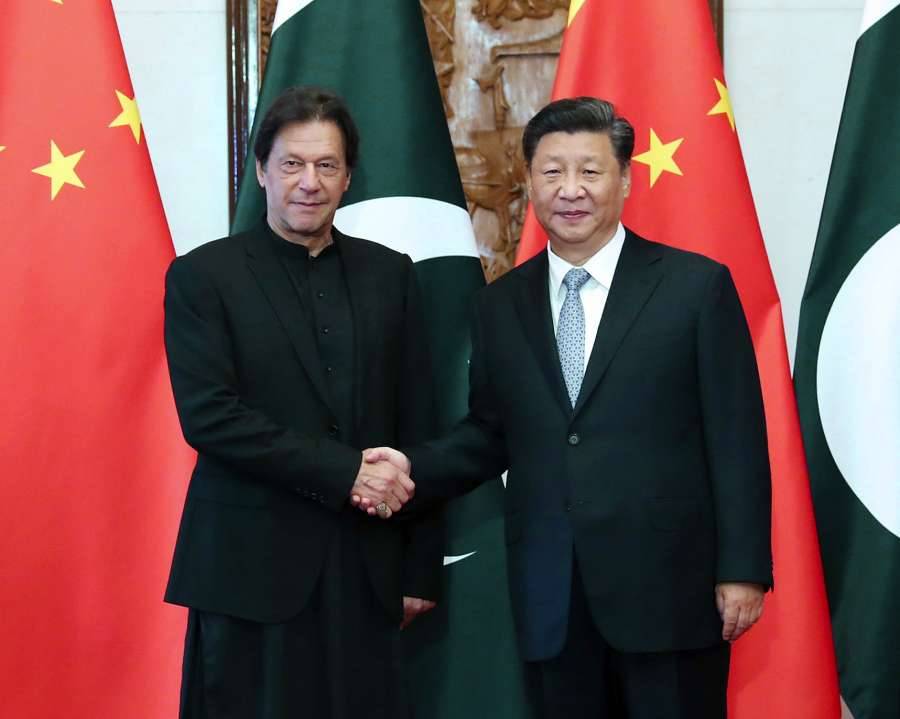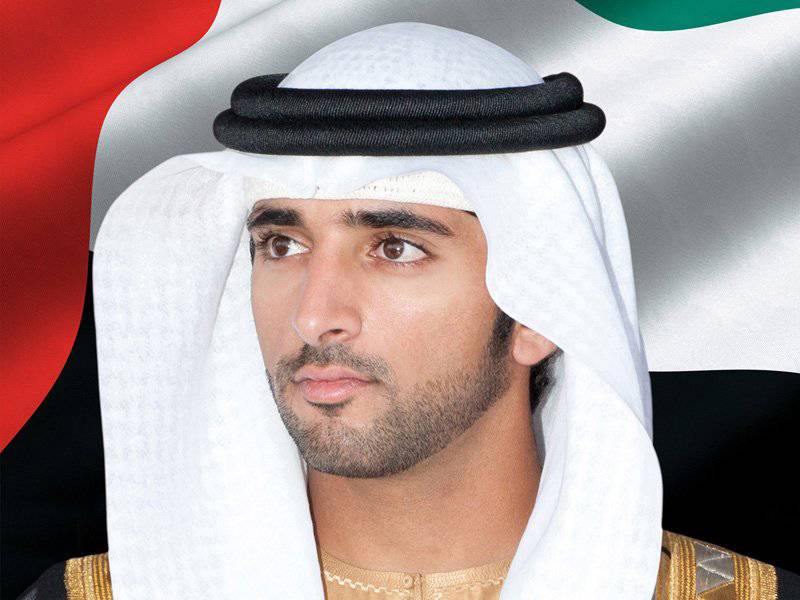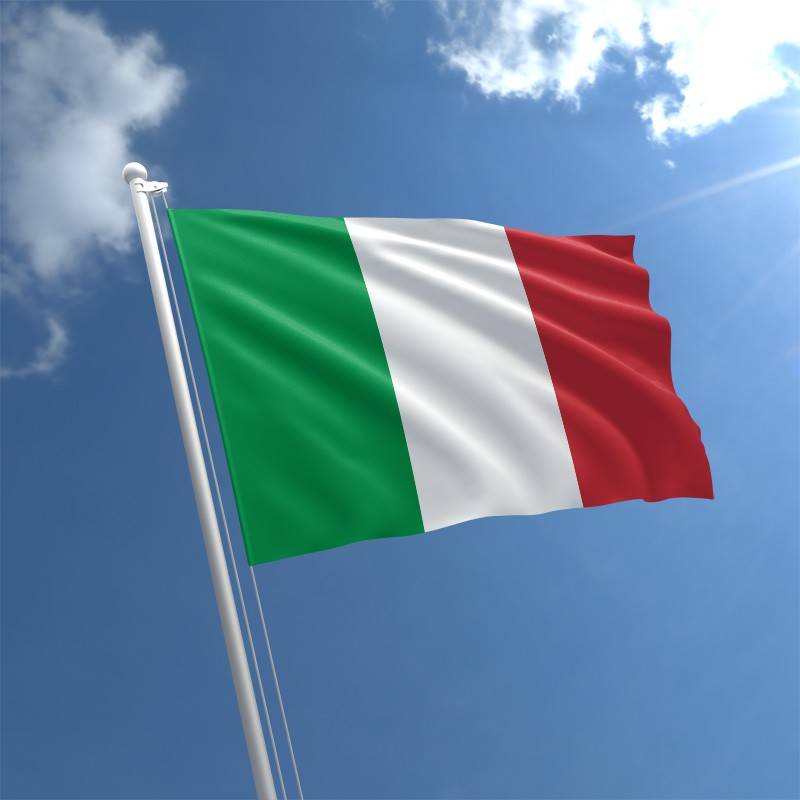The report said that China targeted 62 per cent ($78 billion) of its financial diplomacy dollars to just 25 provinces…writes Sanjeev Sharma
Pakistans shipping corridors and pipelines attract nearly one-third of Chinas financial diplomacy across South and Central Asia (SCA) countries.
A report by AidData analyses Beijing’s efforts to cultivate and deepen economic, social, and network ties with 13 countries in SCA over two decades.
These ties have the potential to both empower and constrain SCA countries, while threatening to displace or diminish regional rivals such as Russia, India, and the US, the report said.
Beijing has a deep but narrow financial diplomacy footprint, concentrating outsized investments in a small number of strategically important communities.
The report said that China targeted 62 per cent ($78 billion) of its financial diplomacy dollars to just 25 provinces.
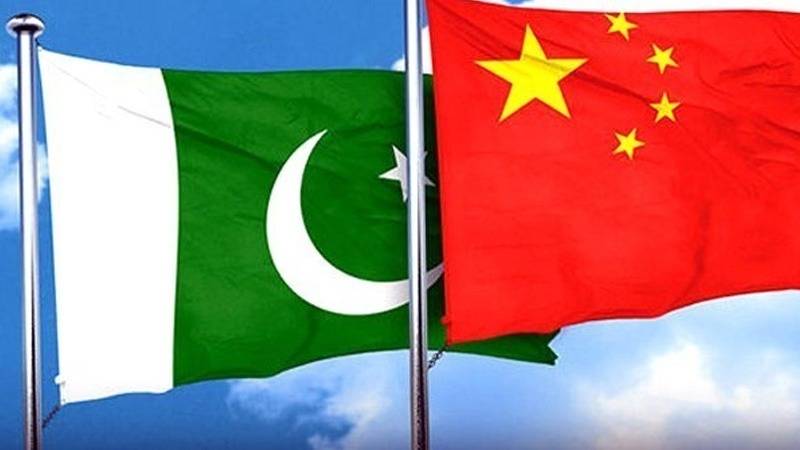
The largest province-level recipient was Sindh provincen, which Beijing bankrolled to the tune of nearly $13 billion, approximately 10 per cent of its financial diplomacy for all of South and Central Asia. Other big ticket investment locations included Turkmenistan’s Mary province ($8 billion) and Pakistan’s Punjab province ($7 billion).
If budgets are reflective of one’s real priorities, then it is notable that each of these three provinces attracted more money from Beijing between 2000-2017 than seven of the 13 countries in the SCA region.
Taking a more granular view, a privileged club of 25 district-level recipients accounted for 41 per cent ($52 billion) of China’s overall assistance across the entire region. Pakistan’s Karachi division alone pocketed $8 billion of Beijing’s financial diplomacy, with Kazakhstan’s Atyrau district ($5 billion) not far behind, the report said.
The Chinese government directed $127 billion in financial diplomacy—the cornerstone of Beijing’s efforts to sway popular opinion and leader behaviour—across 865 projects in the South and Central Asia region between 2000 and 2017.
Looking across the region, there is a clear pecking order in terms of the countries that garner the lion’s share of Beijing’s financial diplomacy.
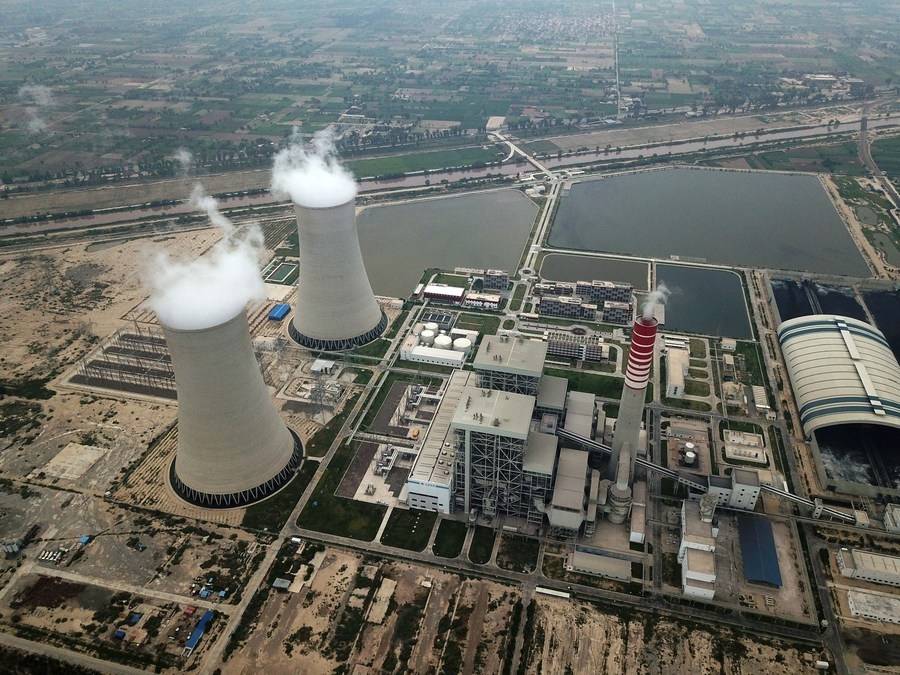
Pakistan and Kazakhstan accounted for 56 per cent of Beijing’s financial diplomacy during the period, receiving $39 billion and $33 billion, respectively. Much of this state-directed investment was concentrated in relatively few outsized investments such as the China-Pakistan Economic Corridor (CPEC) and Kazakhstan’s portion of the China-Central Asia Gas Pipeline.
Over a quarter (26 per cent) of Beijing’s financial diplomacy was directed towards three countries: Sri Lanka ($13 billion), Bangladesh ($11 billion), and Turkmenistan ($9 billion). Beijing split the remaining 18 per cent of its financial diplomacy across the remaining seven countries, the report said.
Chinese leaders were more likely to bankroll financial diplomacy investments in Pakistani communities that generated lower (rather than higher) economic output once population and petroleum deposits were taken into account. This is distinct from Beijing’s approach in other countries, where there was a positive relationship between a community’s economic output and its reception of China’s financial diplomacy investments.

